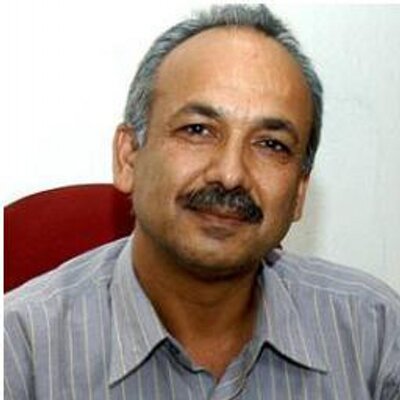By Yubaraj Ghimire (23 April 2018) – Prime Minister K P Oli, his ministers and senior leaders of the ruling Left coalition are busy traveling to schools across the country to enroll students. Each of these leaders are offering guardianship to at least two students. Parallely, the government is working on a legislation with the provision to terminate the permit granted to international NGOs and expel them from the country if found indulging in religious conversion.
In the first case, the government is being guided by populist sentiment. What is needed are programmes for universal and compulsory school education for all children and the enhancement of the quality of education in government schools. In a polity completely devoid of accountability from public servants, the prime minister or leaders offering guardianship to a handful of students is only a symbolic act. For a government and leaders unwilling to take unpopular decisions in the larger interest of the masses, populism becomes the easy and natural course of action.
The durability or survival of the nine-week-old Oli government is not a matter of speculation, at least for now. But the uncertainty over the promised merger of the Oli-led Communist Party of Nepal-Unified Marxist Leninist and the CPN-Maoist Centre of Pushpa Kamal Dahal has injected an element of fear and instability in the political system.
The constitution and its key characteristics such as republicanism, secularism and federalism have been acquired or imposed without following due process or discussion in the Constituent Assembly. Top leaders decided these issues without involving the people or by encouraging open debate in the constituent assembly. Whenever public resentment over this top-down approach has come to the fore, the past governments have opted for symbolic acts rather than explore lasting solutions. Oli is proving to be no different. The proposed legislation on conversion, instead of initiating an informed public debate on whether Nepal should stay Hindu or adopt secularism as its constitutional credo, is one such example. Clearly, Oli finds it difficult to ignore the sentiment against open conversion: Among the sections that voted for him, are pro-monarchy and pro-Hindu constituencies, which were enthused by the “nationalist” image he projected during the election campaign in December.
The promised unification of the UML and the Maoists, which could improve governance, has suffered a setback following Oli’s reluctance to accept Dahal’s pre-conditions. The CPN-Maoist Centre chief wants to head the unified party after the national convention, which is expected to take place in a year and equal representation for Maoists in all the committees. The fact is the Maoists polled far less votes and seats as compared to the CPN-UML. The controversy has dented the credibility and the public image of the communist leaders.
In the meantime, the hastily imposed federalism is threatening to unravel. The economic and administrative viability of the provinces that have their own elected governments for the first time and the scope and extent of their jurisdiction are yet to be configured. These call for serious dialogue and debate involving all stakeholders. However, the Left leaders are stalling it with a clever strategy. They have orchestrated a campaign claiming that Nepal’s constitution is the best in the world. This campaign is backed by populist acts like leaders offering guardianship to school students and nationalist assertions on foreign soil.
After bragging about his “successful” visit to India earlier this month, Oli is now preparing for a trip to Beijing next month, with the intent to secure China’s commitment to “sovereign” Nepal’s development and wider connectivity, including a railway network. Beijing made it clear during foreign minister Pradip Gyawali’s visit last week that China and India should develop a common understanding on Nepal, implying that China no more accepts Nepal as a country solely under India’s sphere of influence. Most political parties are happy with this view and share China’s inference of Nepal’s relations with India. However, sovereignty will have meaning only when Nepal deepens the democratic process and pursues a policy of self reliance in economics and politics.
[email protected]. This article first appeared in The Indian Express.


